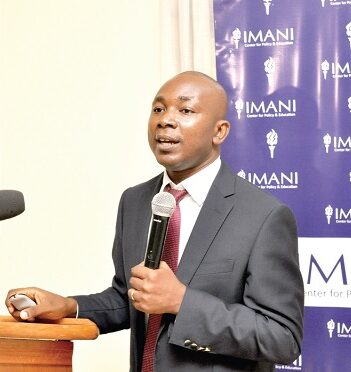Professor Godfred Bokpin of the University of Ghana maintains that the various ongoing economic recovery measures will do very little to transform the country’s economic woes if government fails to reduce the size of its functionaries.
Since the current economic challenges began two years ago, government has been implementing a number of recovery measures including debt restructuring, new tax initiatives and infrastructural adjustments in a bid to restore growth and ensure macroeconomic stability.
All these measures, while necessary, Prof. Bokpin believes are unsustainable and will hardly correct the main problem due to the large size of government; arguing that public funds are being unnecessarily dissipated.
Reducing the size of government will free-up more fiscal space and lend credence to the president’s commitment to cutting down costs. With over 86 ministries, and some having as many as three deputy ministers, the economics lecturer thinks the percentage of revenue that goes into paying salaries and recurrent administrative costs are too high.
Irrespective of fiscal measures implemented, government costs remain a pothole that sinks the gains, he added. Prof. Bokpin made the call at a breakfast meeting held last week by Deloitte Ghana and themed ‘Positioning for sustainable recovery, Ghana’s economic outlook post-IMF’.
He therefore called for government to critically assess ministries and agencies that can be merged or closed in order create more fiscal space.
“The governance cost of the country is too much. Our democracy is now like a cabal, and the cost of operating it is too much. Democracy must not work for only the privileged few.”
As finance minister Ken Ofori Atta is expected to deliver the mid-year budget review this week, Prof. Bokpin wants government to completely take away irrelevant taxes such as the COVID-19 and electronic transaction levy (E-levy), and reduce VAT.
COVID-19 is no longer classified as a global pandemic, hence there is no need to hold onto such a tax.
The E-levy, on the other hand, is eroding gains the digital economy has so far made.
In the short-term, he recommended that government reviews the VAT rate downward by decoupling or merging the standard rate with straight levies and pegging it below 18 percent, while taking steps to improve compliance.










